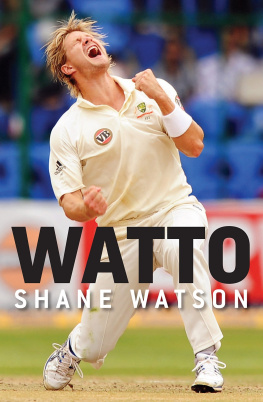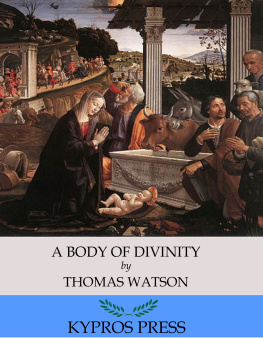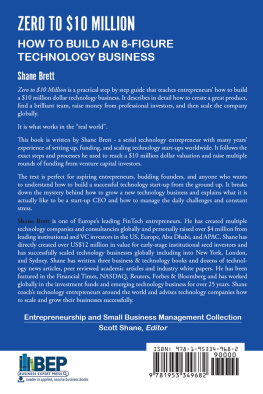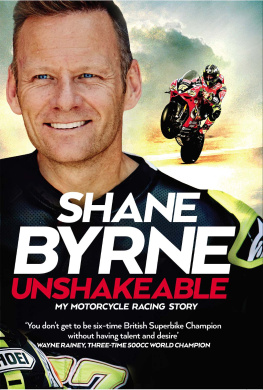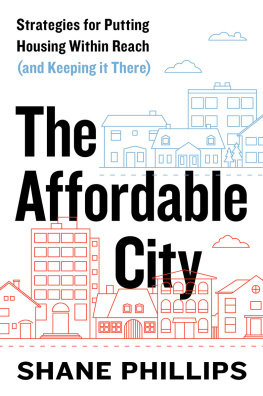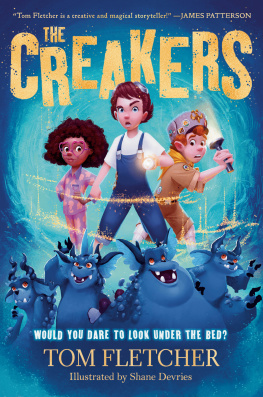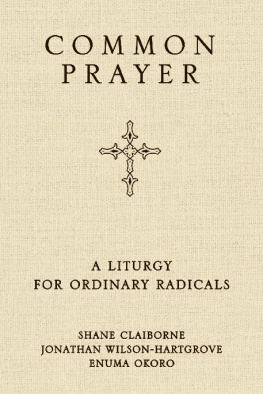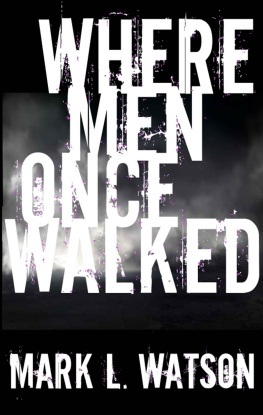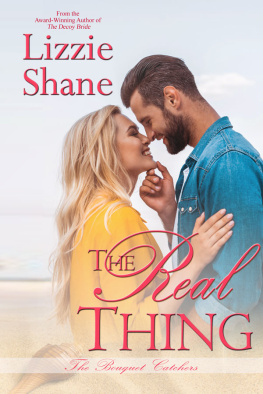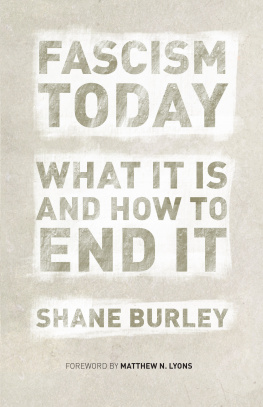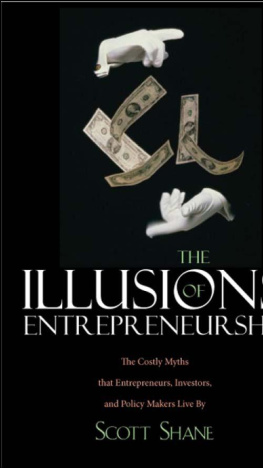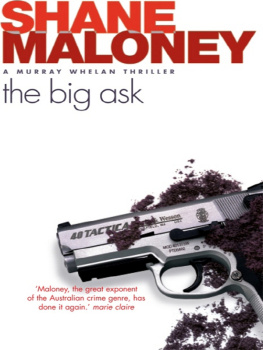Shane Watson - Watto
Here you can read online Shane Watson - Watto full text of the book (entire story) in english for free. Download pdf and epub, get meaning, cover and reviews about this ebook. year: 2012, publisher: Allen & Unwin, genre: Detective and thriller. Description of the work, (preface) as well as reviews are available. Best literature library LitArk.com created for fans of good reading and offers a wide selection of genres:
Romance novel
Science fiction
Adventure
Detective
Science
History
Home and family
Prose
Art
Politics
Computer
Non-fiction
Religion
Business
Children
Humor
Choose a favorite category and find really read worthwhile books. Enjoy immersion in the world of imagination, feel the emotions of the characters or learn something new for yourself, make an fascinating discovery.
- Book:Watto
- Author:
- Publisher:Allen & Unwin
- Genre:
- Year:2012
- Rating:5 / 5
- Favourites:Add to favourites
- Your mark:
- 100
- 1
- 2
- 3
- 4
- 5
Watto: summary, description and annotation
We offer to read an annotation, description, summary or preface (depends on what the author of the book "Watto" wrote himself). If you haven't found the necessary information about the book — write in the comments, we will try to find it.
Watto — read online for free the complete book (whole text) full work
Below is the text of the book, divided by pages. System saving the place of the last page read, allows you to conveniently read the book "Watto" online for free, without having to search again every time where you left off. Put a bookmark, and you can go to the page where you finished reading at any time.
Font size:
Interval:
Bookmark:
WATTO
WATTO
SHANE WATSON
WITH JIMMY THOMSON

First published in 2011
Copyright Shane Watson and Jimmy Thomson 2011
All rights reserved. No part of this book may be reproduced or transmitted in any form or by any means, electronic or mechanical, including photocopying, recording or by any information storage and retrieval system, without prior permission in writing from the publisher. The Australian Copyright Act 1968 (the Act) allows a maximum of one chapter or 10 per cent of this book, whichever is the greater, to be photocopied by any educational institution for its educational purposes provided that the educational institution (or body that administers it) has given a remuneration notice to Copyright Agency Limited (CAL) under the Act.
Allen & Unwin
Sydney, Melbourne, Auckland, London
83 Alexander Street
Crows Nest NSW 2065
Australia
Phone: (61 2) 8425 0100
Fax: (61 2) 9906 2218
Email: info@allenandunwin.com
Web: www.allenandunwin.com
Cataloguing-in-Publication details are available
from the National Library of Australia
www.trove.nla.gov.au
ISBN 978 1 74237 498 7
Internal design by Phil Campbell
Set in 11.5/16 pt Janson Text by Post Pre-press Group, Australia
Printed and bound in Australia by Griffin Press
10 9 8 7 6 5 4 3 2 1

Theres nothing more we can do for you... Maybe its time you gave up bowling.
I cant remember exactly who said thisthat sort of statement kind of knocks you sidewaysbut it was in September 2007 and I was talking to Cricket Australias medical team after the latest in a long line of injuries. Give up bowling? I had worked so hard on my bowlingmy technique, my strength and my fitnessand my place in the Australian team was as an all-rounder. Concentrate on your batting, this guy said.
Great. Thanks. These guys were doing their best to help me but when it came down to it, they were giving up on me. Yeah, well, I wasnt giving up on myself. For a cricketing all-rounder, it doesnt get much worse than being told by your teams medical experts that maybe you might never bowl again.
Lets rewind a bit. In 2007 I should have been on an all-time high. In April that year the World Cup final in the West Indies had been like a schoolkids dream. It would have been enough to have been part of the winning team but the fact that I had performed well in the tournament was icing on the cake. This was very much the end of an era. My hero and mentor, Glenn McGrath, was named Player of the Tournament and announced his retirement from international cricket. It wouldnt be long before Adam Gilchrist and Matt Hayden went too. It was sad to see them go, but it meant my time was coming.
We had about four months off after that, when there was no cricket at all, so I just relaxed and enjoyed myself for the first few weeks. I was playing for Queensland but living in Sydney, so I had eight weeks full-on intensive training with the New South Wales conditioning guy. And by the end of that I was the strongest in my upper body and legs that I had ever been.
The next tour was to be the Twenty20 World Cup in South Africa in September. We had a training camp in Brisbane leading up to it and I strained my hamstring. It was only a very minor strain that didnt really show up much on a scan, but I stayed back to use the Brisbane Lions AFL teams hyperbaric chamber at the Gabba, trying to do everything I could to get it to heal as quickly as possible.
Thats where I first met Victor Popov. It was a lucky meeting that changed my life. Victor was head physio with the Lions and he was supervising the hyperbaric chamber. But he was about to stop working with them full-timea couple of weeks later and I would have missed him. I had my session and then we started talking. He knew his sportfootball and cycling mainlybut he didnt know much about the demands of cricket, so he was listening as much as he was talking. A couple of things he said about core strength got me thinking.
John Buchanan, then the Australian team coach, had once said I was getting so many injuries because I was too strong for my own body, but that didnt make any sense to me. How could you be too strong for your own body? Victor spoke about having powerful legs and a powerful upper body but nothing in between to stop them tearing each other apart.
Soon after that I followed the rest of the team over to South Africa. The first game of my return was against Sri Lanka and, in just my third over, I felt my hamstring go again and I was back on the treatment table. Our medical staff were worried about how often I was breaking down and how it always seemed to happen at the wrong time. They said they didnt know what was wrong with me; maybe I had a collagen deficiency, or maybe I was born with something that made me more susceptible to minor strains. I could see this was as frustrating for them as it was for me. They wanted to help, for my sake as well as the teams, but they had run out of ideas. There was nothing more they could do for me.
I told them Id had enough; I was fed up with all this. The only decision theyd left open to me was to stop bowling, because that was when I was getting injured. So I flew home the next day, but I said the only person Id work with when I got back was Victor. At least he had some answers. I just hoped hed have enough time to spend with me to get me right.
When I got back I rang him straightaway. Hed finished full-time with the Lions and was working at his practice because his wife was about to have a baby. The situation could not have been better for me because he had all the time in the world to do what needed to be donebreak me down as an athlete, then rebuild me from scratch.
It was going to take months and there was no guarantee it would be a success but it was the only hope I had left. A lot of what he said went against everything I had ever been told about strength, speed and fitness. But there was one thing that made me want to give Victor a try: he was my last option.
I suppose you could say I was born lucky. My family was very keen on sport and while I got my love of cricket from my dad, Bob, I got my athletic genes and drive from my mum, Barbara. She was a really good swimmershe swam 100-metres freestyle and 100-metres backstrokeand just missed out on selection for the Montreal Olympics. The same dedication it takes to swim up and down that black line for hour after hour is, I guess, what helped me to spend days on end in the nets developing my batting and bowling. Her experience of working so hard, and then just missing out on a dream, helped me to realiseeventuallyI needed something else in my life too.
I was born in Ipswich, Queensland, in 1981. Dad was in the RAAFa radio technician for F-111 jet fighter-bombersand when I was four he got posted to Edinburgh, on the outskirts of Adelaide. We lived there for four years, but then he decided to get out of the air force. His own father had been in the RAAF when he was growing up so they moved around a lot and he didnt want that for his family. He didnt want us going through different state education systems, constantly changing schools and leaving friends behind.
He took a job with the RAAF as a civilian technician, looking after the flight simulator out at Amberley air base, very close to Ipswich, so we ended up back there. Id done two years of school in Adelaide and Id played Aussie Rules and loved it. I had also played indoor cricket because proper cricket wasnt really for five-year-olds. But in Ipswich there was no Aussie Rules so I took up rugby league.
Next pageFont size:
Interval:
Bookmark:
Similar books «Watto»
Look at similar books to Watto. We have selected literature similar in name and meaning in the hope of providing readers with more options to find new, interesting, not yet read works.
Discussion, reviews of the book Watto and just readers' own opinions. Leave your comments, write what you think about the work, its meaning or the main characters. Specify what exactly you liked and what you didn't like, and why you think so.

